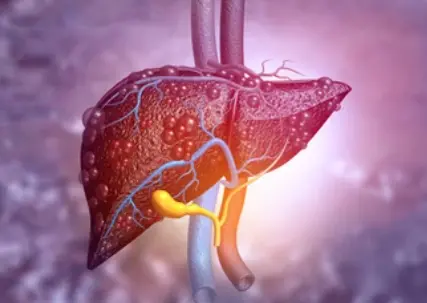 Welcome
Welcome
“May all be happy, may all be healed, may all be at peace and may no one ever suffer."
- A
- B
- C
- D
- E
- F
- G
- H
- I
- J
- K
- L
- M
- N
- O
- P
- Q
- R
- S
- T
- U
- V
- W
- X
- Y
- Z
Hypersensitivity reactions - Generics
Hypersensitivity reactions, also known as allergic reactions, occur when the immune system overreacts to a substance that is normally harmless, such as pollen, dust, or certain foods. There are four types of hypersensitivity reactions, each with different mechanisms and symptoms:
Type I hypersensitivity reactions, also known as immediate hypersensitivity reactions, occur within minutes to hours of exposure to an allergen. They are mediated by immunoglobulin E (IgE) and include allergic rhinitis (hay fever), asthma, and anaphylaxis.
Type II hypersensitivity reactions, also known as cytotoxic hypersensitivity reactions, occur when antibodies bind to antigens on the surface of cells, leading to cell destruction. Examples include autoimmune hemolytic anemia and drug-induced hemolytic anemia.
Type III hypersensitivity reactions, also known as immune complex-mediated hypersensitivity reactions, occur when antibodies form immune complexes with antigens that deposit in tissues and cause inflammation. Examples include serum sickness and systemic lupus erythematosus.
Type IV hypersensitivity reactions, also known as delayed hypersensitivity reactions, occur several hours to days after exposure to an antigen. They are mediated by T cells and include contact dermatitis and tuberculin skin tests.
The symptoms of hypersensitivity reactions vary depending on the type and severity of the reaction. Mild reactions may include skin rash, itching, or nasal congestion, while severe reactions may include anaphylaxis, a life-threatening allergic reaction that can cause difficulty breathing, rapid heartbeat, and low blood pressure.
Treatment of hypersensitivity reactions may include avoiding the allergen, taking antihistamines or other medications to relieve symptoms, or in severe cases, using epinephrine to treat anaphylaxis. People with known allergies should carry an epinephrine auto-injector with them at all times in case of an emergency.

Vitamin B6 deficiency

Homozygous familial sitos...

Vitamin deficiency

Infected eczema

Jaundice

Obstetric analgesia

Renal function testing

Extrapyramidal symptoms
Hypersensitivity reactions, সংবেদনশীল প্রতিক্রিয়া
To be happy, beautiful, healthy, wealthy, hale and long-lived stay with DM3S.